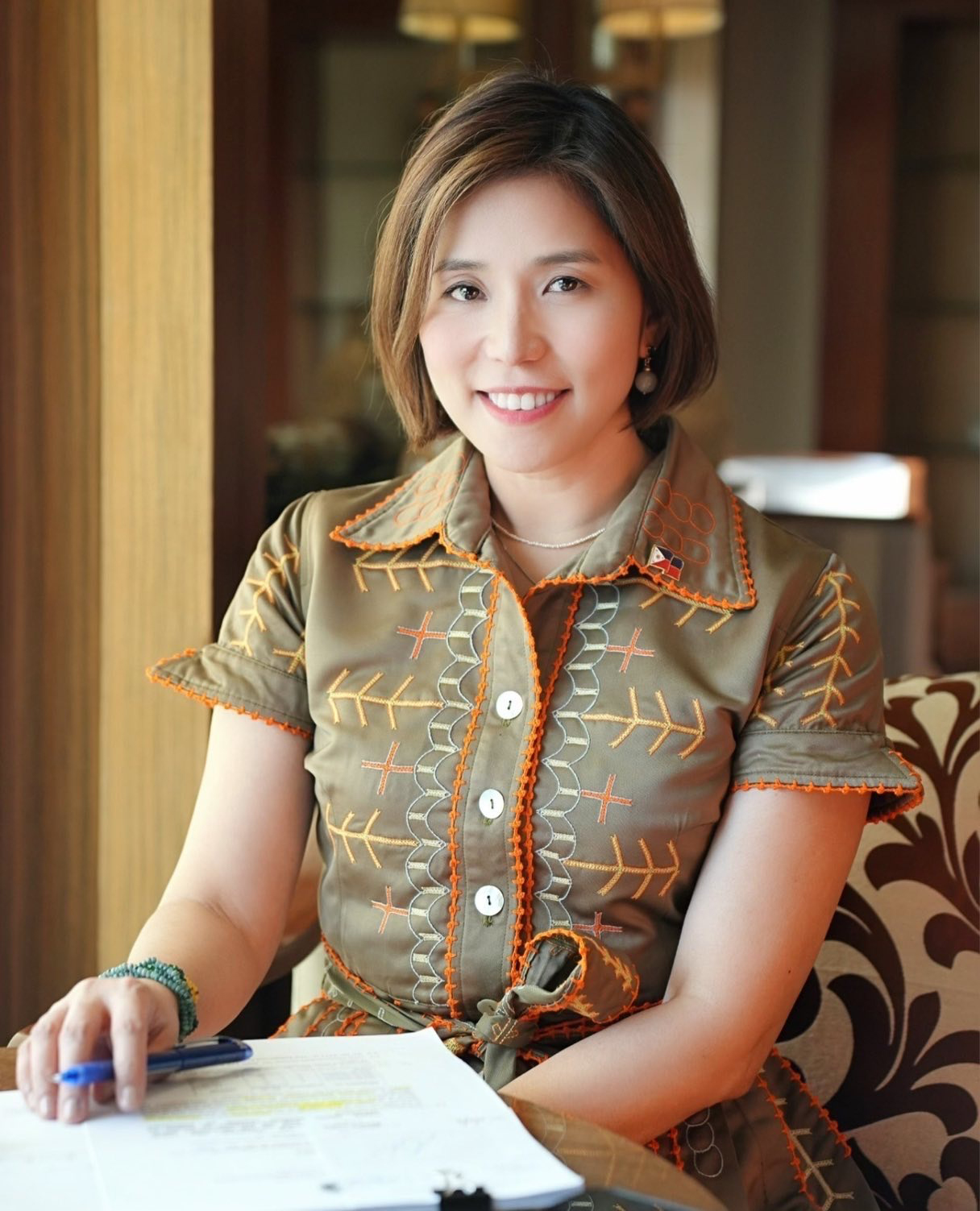2023 Open Government Partnership Global Summit: Ensuring transparency, accountability and democracy
BEYOND BUDGET

Assalamu alaikum wa Rahmatullahi wa Barakatuh.
I had the honor of leading the Philippine delegation as chairman of the Philippine Open Government Partnership (PH-OGP) to the OGP Global Summit in Tallin, Estonia last Sept. 5 to 8. This was the first in-person OGP Global Summit since 2019 and it was exciting to have it in Tallin as it is not only a beautiful, historic city but also the world's first digital republic and home to the Tallinn Declaration on eGovernment.
The summit brought together heads of state and government, open government reformers and champions, civil society organizations’ (CSOs) representatives, and policymakers worldwide to discuss open government in the digital age, the potential of technology to further transparency and openness in governance and policy-making.
As PH-OGP chair and advocate of digitalization, I am proud that our country positively set the stage for the summit by hosting “Innovation talks: Fostering transparency and accountability through open budget portals.” This side event, co-organized by the PH-OGP and the Global Initiative for Fiscal Transparency (GIFT), in partnership with the Department of Foreign Affairs provided a platform for nations to showcase the transformative potential of digital technology to ensure greater efficiency in public services delivery, to ultimately uplift citizens' lives.
The Department of Budget and Management was able to present our very own Project DIME (Digital Information for Monitoring and Evaluation), where we utilize remote-sensing technologies to track the progress and speed of implementation of government projects. But more than just monitoring, citizens may also provide their feedback.
I believe that digital governance is an integral part of open government reforms, creating new spaces for engagement and empowering citizens to actively participate in identifying solutions to governance challenges. During the session, I shared the PH-OGP team's efforts to push for the digitalization of Public Financial Management systems, manifested by the issuance of Executive Order (EO) No. 29, which provides for the full adoption of the Integrated Financial Management Information Systems; and the institutionalization of Open Government in the Philippines, supported by President Ferdinand R. Marcos Jr. and concretized through EO 31. EO 29 will result in transparency and bureaucratic efficiency through digital means while EO 31 will inculcate the values of open government at all levels of the bureaucracy. Further, we have introduced open budget portals as part of our Public Financial Management reforms to allow public discussions on the budget.
Thus, at the opening plenary of the 2023 OGP Global Summit, I was delighted when no less than OGP CEO Sanjay Pradhan recognized our commitment to open government principles through the Philippine Development Plan (PDP) 2023-2028, and in institutionalizing OGP.
I subscribe to the idea that governments have a responsibility to make it easier for citizens to enrich their civic spaces and should lead the digital transformation to digital governance that is felt by those who have access to it and those who do not have the means to do so.
Hence, when I met the brilliant and empowered Prime Minister of Estonia, Her Excellency Kaja Kallas, I was thrilled to learn of Estonia’s slogan, “Positively Surprising.” Indeed, Estonia is: taxes are completed online within five minutes; 99 percent of public services are available online 24-7; and nearly one-third of Estonia’s citizens vote via the internet. Truly, this is the type of digital transformation that the rest of the world should emulate. This is my dream for our country. And I am convinced we can do this.
During the thematic breakout session co-organized by the International Budget Partnership and the GIFT, I discussed how we have incorporated OGP in our budgeting process – from planning up to implementation – as well as in the procurement process. I also related our country’s journey towards promoting inclusive digital transformation through adequate feedback mechanisms, monitoring of public services, and publishing in open data formats. Our initiatives include the Civil Society Organization Desk, Dagyaw Town Hall Meetings, and Project DIME, which leverages the use of modern technologies such as satellites, drones, and geotagging in monitoring and evaluating the status, progress, and activities of big-ticket government projects.
And, to expand the open government space, we will be conducting our OGP Regional Advocacy Campaign called “OGPinas” this month with the goal of promoting open government at the local level and building more partnerships with local CSOs in the implementation of both national and local programs. Moreover, the country is preparing its first medium-term OGP National Action Plan, which highlights new features in its design process to ensure openness and democracy.
I believe that a responsive budget leads to more efficient budget allocation, improved public service delivery, and enhanced good governance. Hence, aside from the PH-OGP movement, I also shared that our government is working on inclusion and empowerment through initiatives like the Citizen Participatory Audit Program and enhanced public procurement processes.
Indeed, public procurement is a significant aspect of governance and transparency, a pressing global concern, with corruption draining at least 20 percent of the budget. But under the leadership of President Ferdinand R. Marcos, Jr., we are advancing open contracting reforms and participatory spaces to lessen, if not totally eradicate corruption. Thus, I underscored that our PDP 2023 to 2028 focuses on public procurement transformation through data-driven tools, private sector participation, Open Contracting Data Standards, green public procurement, and modernization. The President’s support has been crucial for making procurement more attuned to the changing times.
Beyond budget, for our nation to be inclusive, future-ready, and sustainable, our goal is to establish an open government that puts people at the heart of all its undertakings, advocating and implementing government reforms that promote transparency, accountability, quality citizen participation, and digitalization to empower every Filipino. I believe that with the whole-of-Open-government approach, there is no doubt we can do this.
(Amenah F. Pangandaman is the current Secretary of the Department of Budget and Management.)